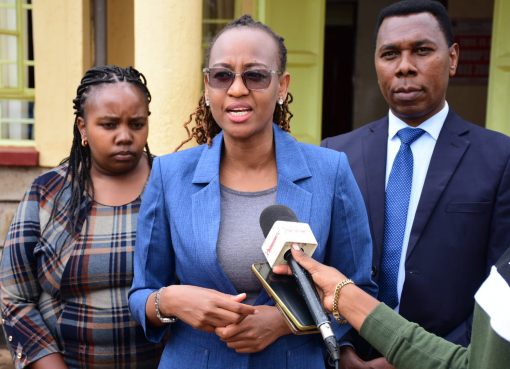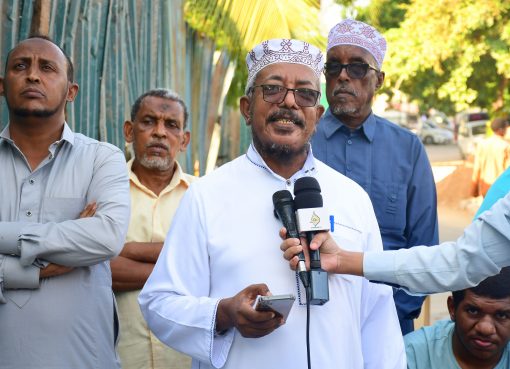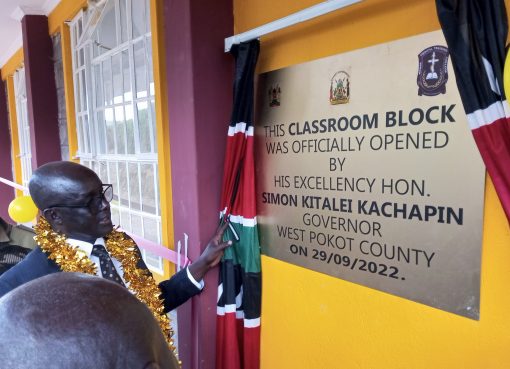A Sh1.6 billion sewer project for Kerugoya and Kutus town is in progress and expected to be complete in the next one year.
The project when completed will greatly improve the health status of Kirinyaga residents.
Kerugoya ward representative Kamau Murango said the issue of the land for the treatment work was resolved by the government through allocation of over 30 acres at Ahiti land.
He said the sewer project will go hand in hand with the water project benefiting over 200 households in Baricho and Sagana area.
“This project is being funded by a grant from the African Development Bank and the Kenyan government,” Murango said
“Commencement of the actual works for the project was supposed to have kicked off in February, we are working behind the schedule and the contractor must work extra time to catch up with the time lost,” he added.
The MCA said the completion of the project will bring Kirinyaga at par with other neighboring counties like Nyeri and Embu who have had similar facilities in place.

He said the residents have also appealed for consideration of putting another dam at Gikumbo to supply irrigation water for the farmers in the Kerugoya Central and other farmers in the region.
“Thiba dam is planned to supply water for the rice farmers in Mwea hence the need for the extra dam,” he said.
“We are also suggesting that the contractor should consider replacing the old asbestos pipes with plastic ones,” he said.
He said the old pipes could be contributing to water contamination and increased cases of cancer in the county, Kirinyaga only placed second to Meru in terms of cancer infections.
Murango said he has also fronted a request that the implementers of the project consider providing water points along the project route, where fire fighters could access water in case of fire out brakes.
Currently the firefighting team usually fetches water from the rivers which takes time, leading to their failure and ineffectiveness.
Kirinyaga County currently has no sewer system and residents have to rely on exhauster trucks to empty toilets which is a big headache to traders as they incur extra costs.
By Irungu Mwangi





